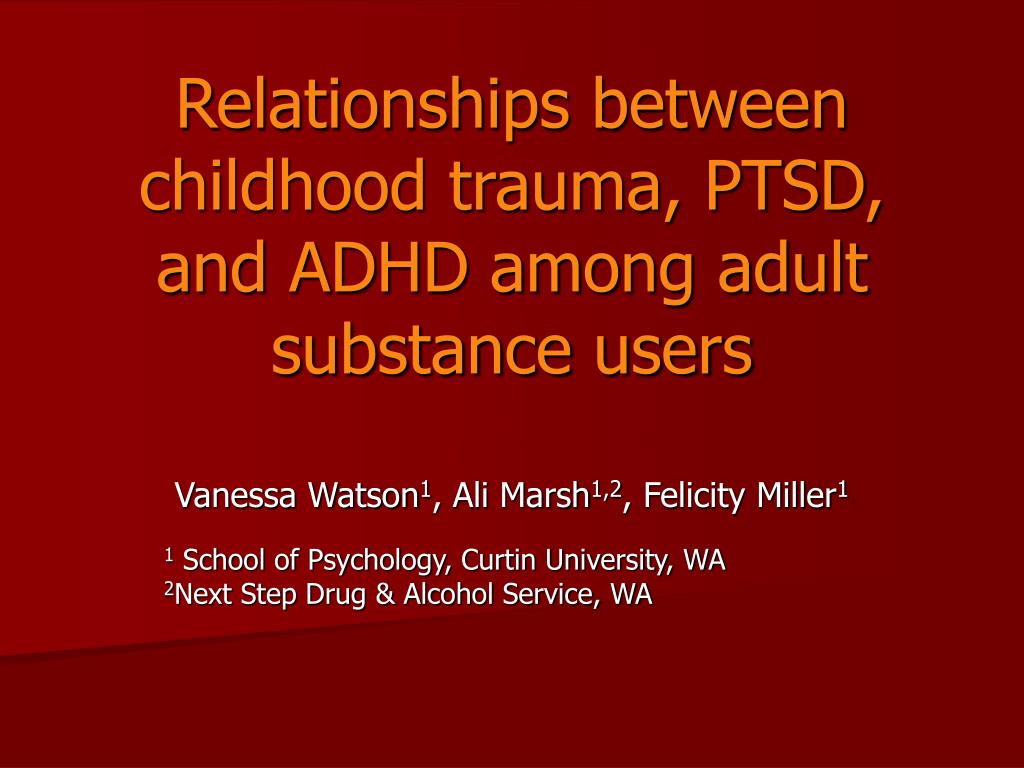
Childhood obesity and attention deficit hyperactivity disorder (ADHD) are two major health concerns that affect children worldwide. According to the Centers for Disease Control and Prevention (CDC), the prevalence of childhood obesity has tripled since the 1970s. Meanwhile, ADHD affects approximately 10% of children in the United States. Recent studies have suggested that there may be a relationship between these two conditions, with some researchers suggesting that obesity may increase the risk of developing ADHD.
Table of Contents
What Is Childhood Obesity?

Childhood obesity is a condition in which a child is significantly overweight for their age and height. It is typically defined as having a body mass index (BMI) at or above the 95th percentile for children of the same age and sex. Obesity is associated with a variety of health problems, including type 2 diabetes, high blood pressure, and heart disease.
What Is ADHD?

ADHD is a neurodevelopmental disorder that affects children and adults. It is characterized by symptoms such as hyperactivity, impulsivity, and inattention. Children with ADHD may have difficulty focusing, following instructions, and completing tasks. They may also be easily distracted and have trouble sitting still.
The Link Between Childhood Obesity And ADHD

Recent studies have suggested that there may be a link between childhood obesity and ADHD. One study found that obese children were more likely to have ADHD symptoms than non-obese children. Another study found that children with ADHD were more likely to be overweight or obese than children without ADHD.
While the exact nature of the relationship between these two conditions is not yet clear, some researchers suggest that obesity may increase the risk of developing ADHD. It is possible that the same factors that contribute to obesity, such as poor diet and lack of exercise, may also contribute to ADHD.
The Importance Of Early Intervention

Early intervention is crucial for both childhood obesity and ADHD. Children who are overweight or obese are more likely to become obese adults, which increases the risk of developing chronic health conditions. Similarly, children with ADHD who do not receive treatment may struggle with academic and social difficulties throughout their lives.
Parents and caregivers can play an important role in preventing and treating both childhood obesity and ADHD. Encouraging healthy eating habits, promoting physical activity, and seeking early intervention for ADHD symptoms can help children lead healthier and happier lives.
Conclusion
Childhood obesity and ADHD are two major health concerns that affect children worldwide. While there may be a link between these two conditions, more research is needed to understand the nature of this relationship. Early intervention is key in preventing and treating both childhood obesity and ADHD, and parents and caregivers can play an important role in promoting healthy habits and seeking appropriate treatment.
Related Articles:
1. The Effects Of Childhood Obesity On Long-Term Health
2. Tips For Preventing Childhood Obesity
3. Understanding ADHD: Symptoms And Treatment Options
4. The Importance Of Early Intervention For Children With ADHD
5. Combining Medication And Behavioral Therapy For ADHD
Frequently Asked Questions:
Q: What causes childhood obesity?
A: Childhood obesity is typically caused by a combination of genetic, environmental, and lifestyle factors. These may include a family history of obesity, a diet high in sugar and fat, and a lack of physical activity.
Q: How is ADHD diagnosed?
A: ADHD is typically diagnosed by a healthcare professional based on a thorough evaluation of a child’s symptoms, medical history, and behavior.
Q: What are the treatment options for childhood obesity?
A: Treatment for childhood obesity may include lifestyle changes such as dietary modifications and increased physical activity, as well as behavioral therapy and in some cases, medication.
Q: Can ADHD be cured?
A: There is currently no cure for ADHD, but symptoms can be managed with appropriate treatment, including medication and behavioral therapy.
Q: Can childhood obesity lead to other health problems besides ADHD?
A: Yes, childhood obesity is associated with a variety of health problems, including type 2 diabetes, high blood pressure, and heart disease.
